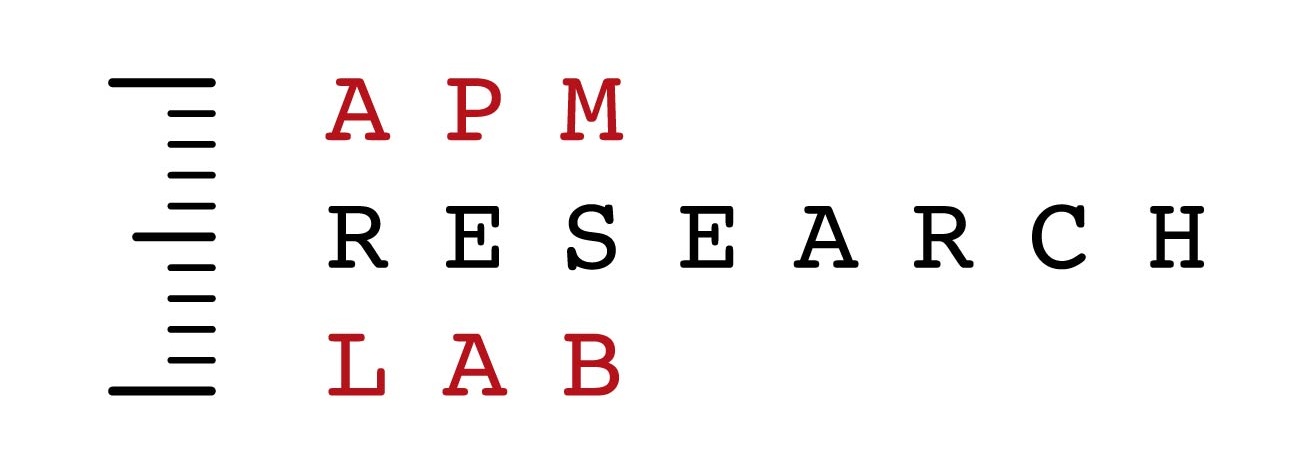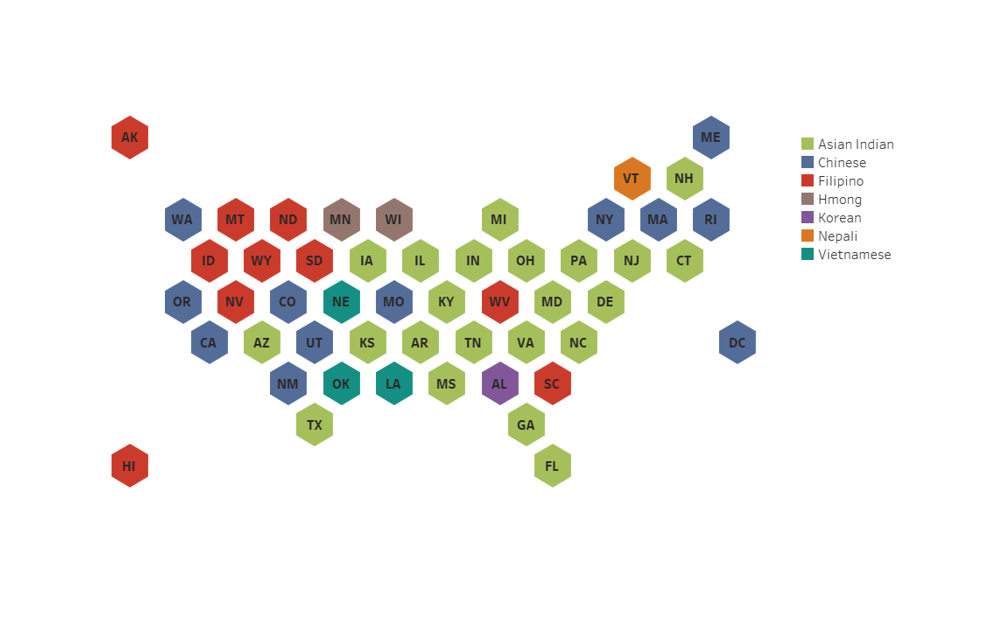Amid the pandemic, the logistics of grief change, but the emotional mechanisms remain the same
My family buried my grandmother the day that coronavirus deaths in the United States crossed the 100,000 threshold. It was a small Catholic mass; only her four living children (including my mother) and their spouses attended. They sat in separate pews, and the priest who led the service wore a face mask.
And I watched the whole thing—the viewing and the service—on a webcast from the comfort of my apartment in Saint Paul, Minnesota.
Read More
Farmers have an edge on the rest of us when it comes to water knowledge, but they still have blind spots
Water is essential for almost every dimension of farming and raising livestock, from determining when to plant and harvest to irrigating and fertilizing crops throughout the growing season. So it’s not surprising that farmers are often more knowledgeable and action-oriented when it comes to water resources than the broader public, according to two national surveys.
Read More
What grown-ups think children should learn: Identifying false information, mental health, the economy, and water protection
More than 90% American adults say it is important that children learn how to identify false information on the internet, including 79% who say it is “very important.” Similarly strong majorities indicate that children should learn about mental health, how the U.S. economy works, and how to protect water resources.
These are the results of a nationally representative survey we recently did with the Water Main called, Water + Us: How we think, feel, and take action on water.
Read More
APM Research Lab debuts new explainer series
The APM Research Lab is excited to debut Points of Reference, our new explainer series.
We initially envisioned Points of Reference as a tool to help navigate the vigorous policy debates that naturally arise during a presidential election and unfold in the public sphere. At the APM Research Lab, we feel that debates go better when everyone has access to the facts by which you can form and inform your own opinions.
Read More
Bound by boxes: The need for multiracial (and all) Americans to be visible. And whole.
There is a lot of trauma that comes with being multiracial in America. Growing up I never felt like I belonged anywhere, my racial ambiguity met with questions such as, “What are you?” The last thing a middle schooler trying to assimilate wanted to answer. To this day I still have trouble answering that question, whether it be from the mouth of a curious stranger or from forms that still have those curious boxes that say, “only mark one”. There is a thumping anxiety and lonely confusion about race that only multiracial people know.
Read More
Looking beyond race: Americans' heritage reflects the globe
Disaggregating data by race is absolutely essential to unveiling the glaring inequities that exist in health care, housing, education, employment, and our criminal justice system. But we must also deepen our understanding of the “roots beyond race.” Doing so will help us dismantle the inequities that continue to plague our nation. And it is an essential step to help us better appreciate and integrate the cultural assets that each group brings to America, this country with a truly kaleidoscopic heritage.
Read More
United across the partisan divide
Since so much news is framed as a partisan battle, you might be asking yourself: “Do Republicans and Democrats agree on anything?” While the partisan divide among Americans may be as wide as ever, that split might best be described as existing in the top few layers of soil, under which lies a deeper bedrock of consensus; Republicans and Democrats still find agreement on a surprising range of topics.
Read More
State Fair fun: Minnesota by the numbers
The APM Research Lab’s world headquarters is in Minnesota, and our state fair is a great state fair! This fair season we are teaming up with our colleagues at MPR News to offer two fact-filled quizzes to test your knowledge about Minnesota—by the numbers. While not everyone is lucky enough to get their face carved in butter, anyone can demonstrate their love for facts.
Read More
The unequal counties of America
When it comes to describing how or what people are doing, county-level maps do an almost criminally poor job of revealing the status of most Americans. That’s because America is patchwork of 3,142 counties (or equivalents), but Americans are not equally fond of living in all of them. One in 10 Americans lives in just seven counties, and half of all Americans live in less than 5% of all counties. It’s no stretch to say that the manner in which county-level maps privilege spatial accuracy over demographic accuracy is undemocratic.
Read More









